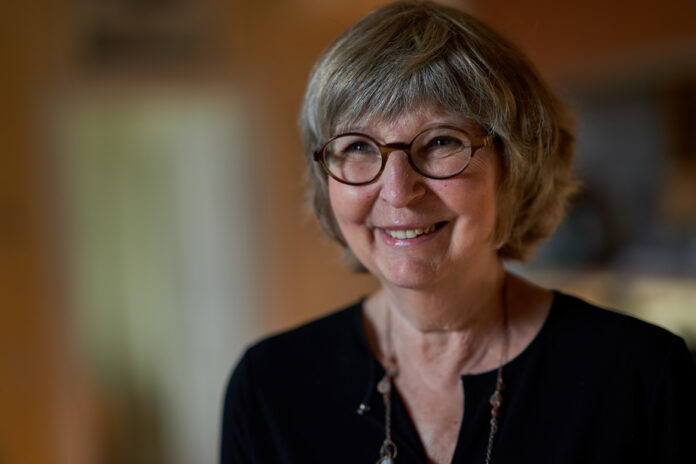For 25 years, Quebecer Carole Fréchette has often been invited to Europe to see the productions of her plays. But the author is particularly proud of the invitation to Printemps des acteurs this year. Less well known than the Festival d’Avignon, the Spring of the Comedians is a major theatrical event. Carole Fréchette is part of its programming, alongside leading artists from the international scene, such as Ivo van Hove, Robert Wilson, Julien Gosselin and Georges Lavaudant.
In Ismene, the author revisits a 2,500-year-old myth of Greek tragedy: that of Antigone, seen through the fate of her sister, Ismene. A secondary character in Sophocles’ play. “His position is neither comfortable nor glorious, alongside Antigone, a timeless heroine. This is the first time that I have written a work based on an ancient figure,” Fréchette explains.
However, she identifies with Ismene precisely because this character is not a heroine in the history of theatre. “Of course, part of me recognizes Antigone’s courage,” she said, “but another part is found in Ismene’s hesitation, in her willingness to avoid confrontation in order to preserve life. »
The author was also shocked by Antigone’s intransigence. “She never asks Ismene what she thinks of the radical act she is about to perform…” This act is to defy King Creon’s ban in order to dig a grave for her brother banished from the kingdom, Polynice. “Antigone said to her sister: ‘Either you are on my side, or you are a coward’”, illustrates Carole Fréchette.
“Does that sound pretty much like the prevailing social discourse?”
“Indeed, we live in a hyper-polarized world. I find it important to make the voice of nuance, of conciliation heard. I wanted to restore the dignity of Ismene’s words,” replies the playwright.
If Ismene refuses to choose between her two enemy brothers, it is because she wants peace. “But we don’t talk much about pacifism these days. It’s out of fashion,” the author laments. However, his character wishes to break the cycle of violence and “the chain of the dead”. Two engines of Greek tragedy.
“Courageous and heroic acts are sometimes motivated by cruelty. While in the doubt of antiheroes, there is a lot of humanity,” thinks Fréchette.
There is no planned production of this piece in Quebec yet. Too bad, because this very beautiful dramatic monologue, warmly applauded by the public of Montpellier, should also be presented in Quebec. Maybe it’s not polarizing enough for our time?
Ismene, in the staging of Marion Coutarel, with Mama Prassinos, is on view until June 10, at the Bassin du Domaine d’O, in Montpellier.
Carole Fréchette studied acting at the National Theater School of Canada, before reorienting herself towards playwriting in the mid-1980s. Her repertoire includes some twenty plays, including Les Quatre Morts de Marie, Les sept jours de Simon Labrosse, Hélène’s necklace, Jean and Béatrice, Elisa’s skin, I think of Yu. His theatre, translated into twenty languages, is performed around the world.















